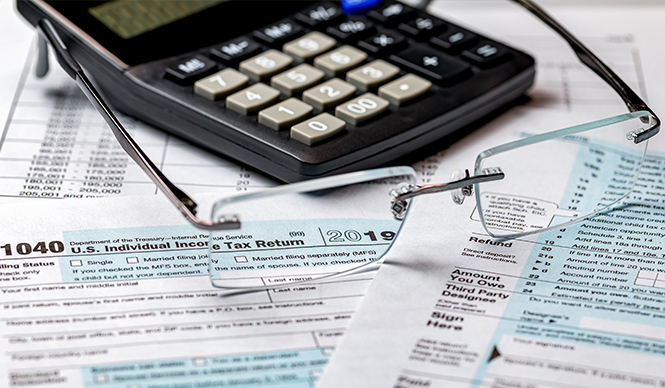Don’t fall for too-good-to-be-true refund claims or misleading tax credit offers.
Tax scams can occur at any time of year, but they’re especially common during tax season. Scammers continue to evolve their tactics—targeting individuals and businesses with false promises of oversized refunds, deceptive tax credit claims, and even fraudulent U.S. Treasury checks.
At Unison Credit Union, we’re here to help you stay informed and protected. Here are key tax scam warning signs to watch for, based on the latest IRS alerts and real-world credit union cases:
1. Promises of a “Big Payday”
If someone tells you they can get you a huge refund or says, “Just follow this trick,” take a step back. These claims often involve misusing tax credits you may not qualify for—leading to delayed refunds, audits, penalties, or worse.
2. Misinformation About Tax Credits
Social media “advice” or aggressive ads may convince you to falsely claim credits, such as
- Clean Energy Tax Credits
- Employee Retention Credit (ERC)
- Fuel Tax Credit
- Sick and Family Leave Credits for the Self-Employed
These credits are real, but scammers twist the rules or encourage fraudulent filings using fake documents or dishonest preparers.
3. Questionable Tax Preparers
Not all tax help is helpful. Be cautious if a tax preparer:
- Charges based on the size of your refund
- Asks for large upfront payments
- Refuses to sign your return or show credentials
- Guarantees “big results” that seem suspicious
Stick with trusted, credentialed professionals when preparing your taxes.
4. IRS Impersonation and Pressure Tactics
The IRS will not call, email, or text you asking for personal or financial information. Scammers often impersonate IRS agents, demanding quick payment through gift cards, wire transfers, or other unusual methods. If someone pressures you to act immediately, it’s a red flag.
What Else Should You Know?
Just because a check “cleared” your credit union, does not mean it was necessarily “good.” Today’s scams are sophisticated - it can take credit unions and government agencies longer than allowable check clearing times to find out a check is worthless.
Even if the check itself looks legitimate, if the IRS later determines that the tax filing was fraudulent, they will collect the funds from you or your credit union account. This can happen many months after you deposited a check.
You will be on the hook for any fraudulent check you deposit, not the person who persuaded you to file a false tax return. Don’t be left holding the bag!
How to Protect Yourself
- Never share financial or personal information unless you’re sure it’s legitimate
- Review your tax documents and credits carefully before filing
- Report suspicious activity or bad advice directly at irs.gov



